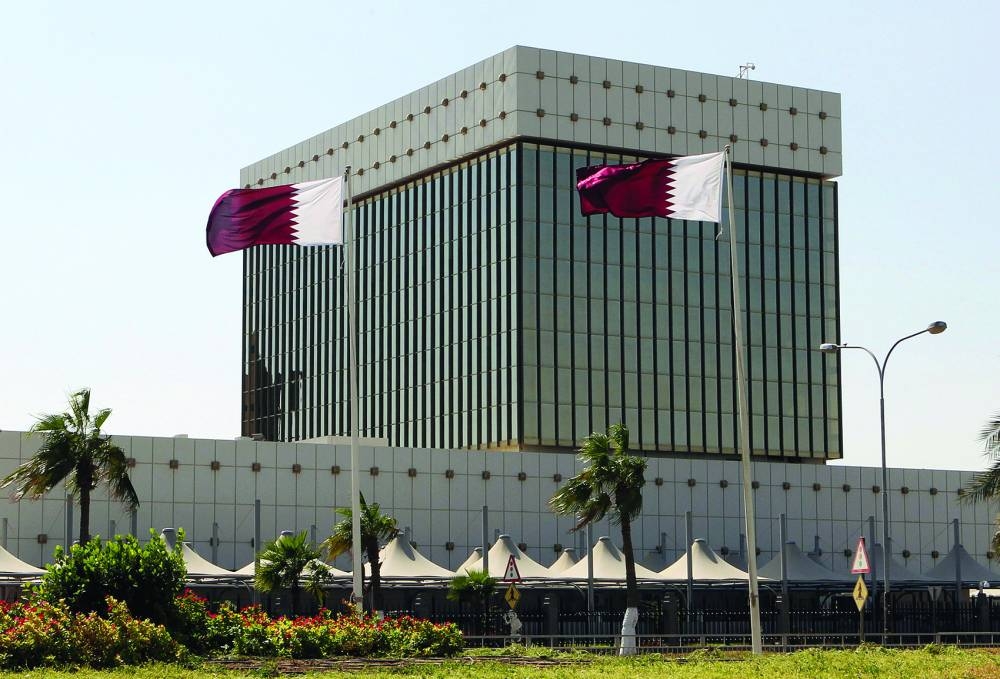High prices of liquefied natural gas (LNG) led Qatar's banking sector register a 22% growth in net earnings to QR2.8bn in 2022, according to Ernst & Young (EY).
Additionally, the banking sector will benefit from Qatar’s commitment to fiscal discipline and its goal of becoming a regional financial hub, EY said in a report.
The government has implemented numerous measures to stimulate the country’s economy, including an ambitious infrastructure investment programme, and these investments are expected to result in increased demand for banking services, it said.
The Qatar Central Bank is enabling the transformation of the banking sector by supporting the growth of the country’s fintech and payments scene, according to EY.
According to the EY Middle East and North Africa H1 (first half) 2023 Banking Report, the region experienced a remarkable year-on- year growth with a 30% surge in net profits and a 12.2% increase in net assets.
Meanwhile, the year-on-year returns on equity recorded a rise of 6.18%, and the net interest margin grew by 0.2%.
This robust performance extended to the region's banks, which witnessed an 18.8% growth in operating income. Total deposits have increased by 6.08% and the loan-to-deposit ratio (LDR) by 5.43%.
Non-performing loans (NPLs) are expected to remain at the current levels in 2023, with banks adopting a selective approach to lending.
The outlook for the region has been strengthened by robust oil and gas prices and a major boost in non-oil activity, which has also supported credit demand.
Other prominent trends dominating the banking sector include robust fiscal condition, government investments, an anticipated improvement in the global economic landscape and technological advancements.
"With limited effect to the ongoing banking industry crisis in the US and Europe, the GCC banking sector has undergone a fundamental transformation and is now pursuing a strong upward trajectory, boosted by an increasing demand for lending. This development is playing an increasingly important role in the region’s overall economic growth amidst ongoing economic diversification drives," said Charlie Alexander, EY MENA Financial Services Leader.
Another positive trend is the pursuit of net-zero roadmaps by most GCC countries, which has led to a rise in the demand for sustainable finance, a key enabler of the transition to clean energy, according to him.
Highlighting that digital banking solution is on the rise to meet evolving consumer needs; EY said artificial intelligence (AI) is reshaping the financial services industry in the region, bringing faster and more personalised banking services through chatbot.
The report said front-to-back modernisation, cloud migration and robotic process automation can help banks establish connections between customer-facing operations and back-end servicing, minimising inefficiencies.
"Over the past six months, we have seen an accelerated adoption of growth of digital transformation and implementation of robust risk management practices in the region, which should not be forgotten in the frenzy of growth. Financial institutions are also increasing their transparency and disclosure of environmental and social risks and impacts," said Houssam Itani, EY Mena Banking and Capital Markets Leader.

The Qatar Central Bank is enabling the transformation of the banking sector by supporting the growth of the country’s fintech and payments scene, according to EY.

